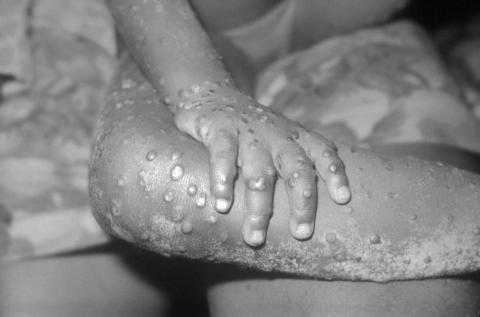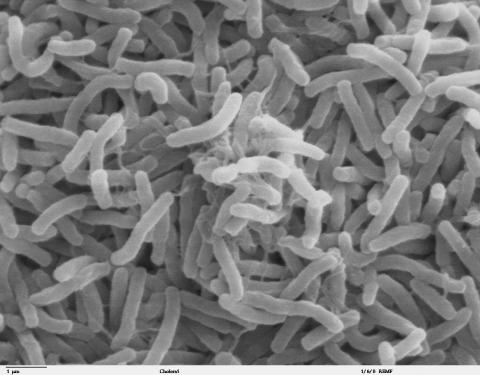What has happened?
The UK Health Safety Agency (UKHSA) announced on 22 June that it had found poliovirus in waste samples collected from a water treatment plant in London between February and June this year.
These were "circulating vaccine-derived poliovirus type 2" - which originates from the attenuated vaccines still used in some countries - and not the wild strains, which have been eradicated almost everywhere in the world and were last found in the UK in 1984.
What is vaccine-derived polio?
Polio vaccine can be of two types: inactivated and attenuated. The former is used in countries such as the UK and Spain and cannot cause infection. The latter can cause infection and, in very rare cases, paralysis in unvaccinated people. These symptomatic cases occur when the attenuated virus circulates in a population without sufficient immunity for a period of time until it mutates.
The oral vaccine (Sabin vaccine) is of this second type. Its use has reduced wild polio cases by 99.9% since 1988, according to the WHO, and it is still used because it is easy to administer and allows outbreaks to be stopped quickly in countries with poor sanitation.
However, circulating vaccine-derived polioviruses have become a challenge in the current polio eradication phase. Together with the increase in wild cases present in countries such as Afghanistan and Pakistan, they prompted the WHO to declare polio a Public Health Emergency of International Concern in 2014.
Is finding these polioviruses exceptional?
The UKHSA has explained that it is normal to find between 1 and 3 vaccine-derived poliovirus samples each year in the UK, and dozens of countries have done so in the past. These are single detections from single individuals who have been vaccinated with the attenuated oral polio vaccine in one of the countries where it is still in use.
The novelty is that these viruses have been detected over several months, between February and June, and that their genetic sequences have been changing. This indicates a chronically infected individual or, more likely, some community transmission among people with low immunity.
Where did it come from?
In the UK, the oral Sabin vaccine stopped being used in 2004. When a person vaccinated in a country still using the vaccine travels to the UK, these viruses may be temporarily detected in their faeces.
Although the source of these detections is not known, it is to be expected that they come from someone vaccinated in one of the countries still using the oral vaccine.
Should we be concerned?
Cases of vaccine-derived polio paralysis are rare, especially in an immunised population. However, if transmission occurs and continues, the virus could mutate into one capable of causing paralysis in unvaccinated people. In addition, doctors may have difficulty diagnosing a disease for which they do not expect to find cases.
What measures need to be taken?
So far no symptomatic cases have been detected in the UK, but both experts and the UKHSA have stressed the importance of children having all their vaccinations up to date. Because of the pandemic, the UK health authorities have warned that in many parts of England vaccination has fallen below 50%.




